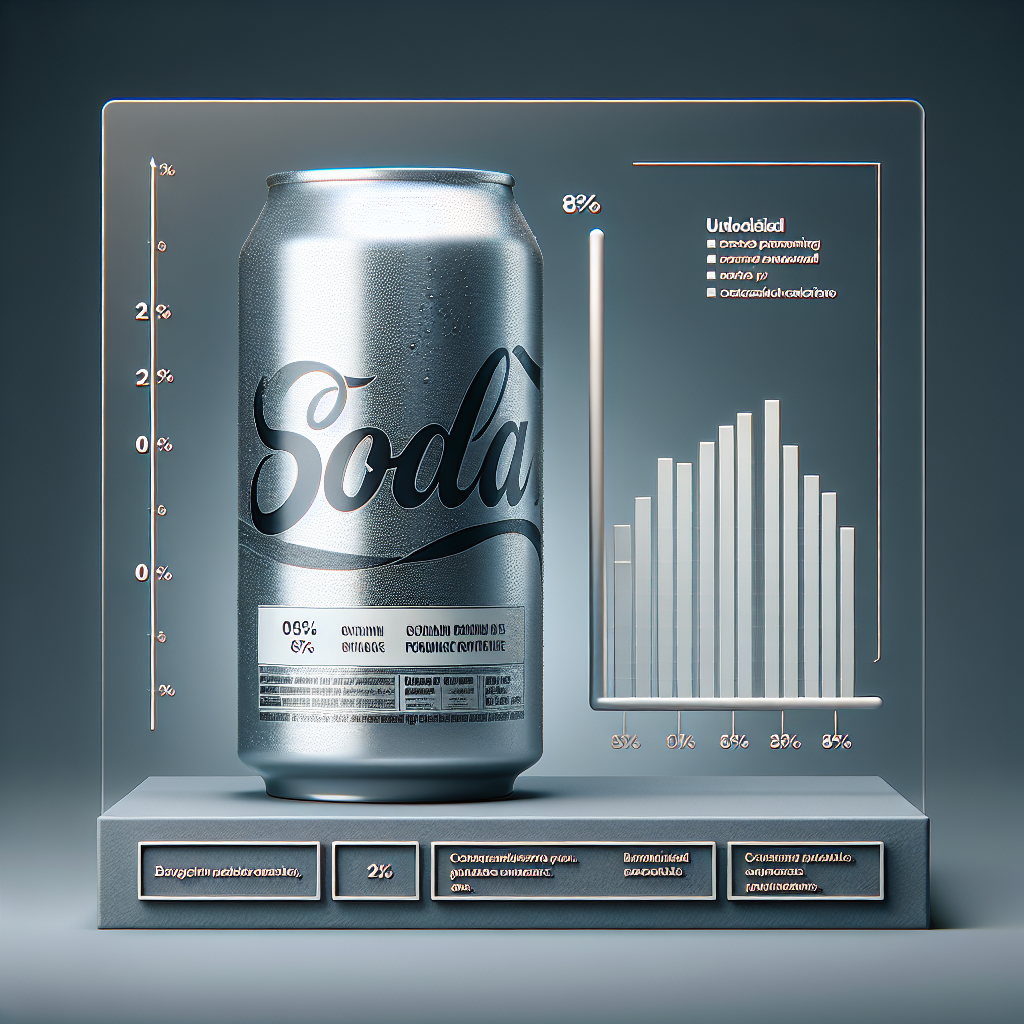Weight loss drugs and non-alcoholic options are impacting soda sales in the U.S., as consumers shift their preferences. Eli Lilly’s weight loss drug, Zepbound, has been found to help reduce heart failure risks, drawing attention to healthier lifestyle choices.
Despite this trend, Coca-Cola reported strong second-quarter earnings on Tuesday, driven by robust global demand for its beverages. The company has raised its full-year guidance in response to these positive results.
“We are encouraged with our second-quarter results, which delivered solid topline and operating income growth in an ever-changing landscape,” said Coca-Cola CEO James Quincey in a statement.
However, Coca-Cola witnessed a 1% decline in volume sales in North America during the quarter. Quincey attributed this decline to weaker sales in away-from-home channels, which include water, sports drinks, coffee, tea, and soda products.
The company noted that the decline was partially offset by its Fairlife milk and its flagship soda, Coke, which ranked first and second in retail sales growth for the quarter. To counter the declining trend, Coca-Cola is collaborating with food chains to feature its soda in combo meals. Notably, the company is working with McDonald’s to enhance the fast food chain’s $5 meal deal, which includes a soft drink.
Overall, Coca-Cola exceeded Wall Street’s expectations, reporting $12.4 billion in revenue for the second quarter, or $0.84 per share. Analysts had forecasted revenues of $11.76 billion, or $0.81 per share, according to FactSet.
The company now anticipates organic revenue growth between 9% and 10%, up from the previously predicted 8% to 9%.
Similarly, Pepsi is facing challenges in attracting U.S. consumers, who are increasingly opting for products that support weight loss and healthier habits. A Gallup poll indicated that young adults in the U.S. are drinking significantly less alcohol than before. Pepsi’s second-quarter results were also affected by a series of recalls, which contributed to its subdued performance in early July.
